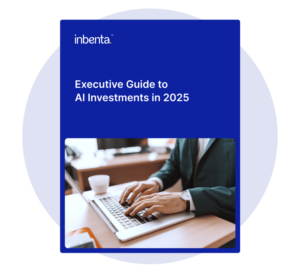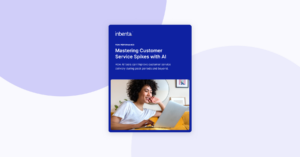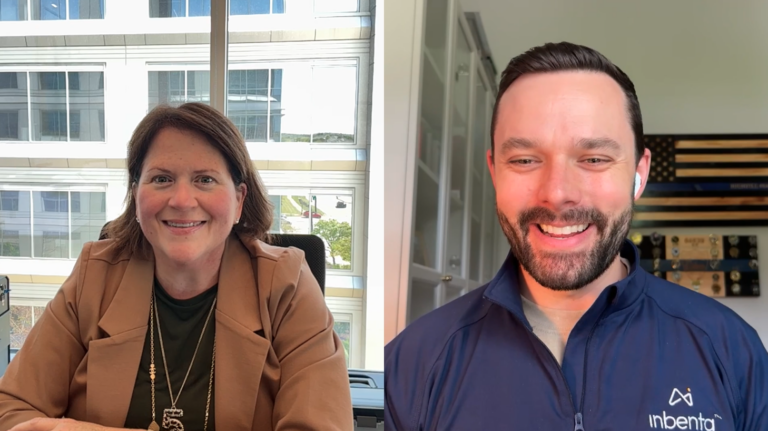The advantage of employing an effective knowledge base is clear and the results are a win for both customer and company. But how do you build one?
If you are searching for a way to get a “deer in the headlights” moment from a millennial, you could do worse than call their smartphone. Despite the widespread use of cell phones, we are now a world where communication consists of emojis, GIFs, photos and sometimes text rather than the old-fashioned phone conversation. Indeed, 75% of British adults own a smartphone but one in four do not use them for what they were initially designed to do – talking.
As a result, it might not be a surprise to discover that 67% of those surveyed prefer self-service to speaking to a customer agent. In addition, 91% of people would gladly use a tailored knowledge base if offered the chance.
The advantage of employing an effective knowledge management system is clear and the results are a win for customers. It is also a no-brainer for companies – an effective knowledge base ensures a high rate of ticket deflection.
NLP: the foundation for a perfect knowledge base
Before you start building the bricks for a new house it is important to first lay a stable foundation. With a knowledge base, it does not come much sturdier than robust natural language processing (NLP).
As opposed to keyword search, NLP is able to understand the meaning behind your customer’s query regardless of the jargon, slang and spelling used. Therefore, the user is able to type questions in their own natural language safe in the knowledge that they will be matched with the answers they desire. The size of your knowledge base is irrelevant if your users are not directed to the right content in the first place.
The brains behind the brain: computational linguists
If NLP is the engine that powers your knowledge base, then the computational linguist is the driver who ensures it gets to where you want to be.
The linguist is responsible for the quality and adequacy of the knowledge base, suggesting improvements to the customer so their content matches the real concerns of the users, fits with the interface where they will be displayed and is easy to understand.
Machine learning and NLP: providing unprecedented levels of self-service
Companies that utilize knowledge bases supported by NLP are already enjoying self-service rates of nearly 90%. The million dollar question is how can that be further improved? The answer lies in machine learning.
Machine learning, combined with NLP, presents a powerful way to ensure your knowledge base is not only smart from day one but also will reach extraordinary levels of self-service as your data grows with more customer interactions. Machine learning achieves this by discovering the rules for successful customer searches and building on them further.
For example, a customer might ask a ticket website, “Can I take my son to a rap concert.” It is possible that a knowledge base with only NLP will provide a FAQ result to the question: “What can I take to a rap concert?”
Linguistically, this is correct but not the perfect answer. As your data builds, machine learning will be able to learn from previous searches and supplant NLP in selecting the right question. Therefore, it might point the user to a different answer, such as “what are the age restrictions at a rap concert?”
Thus, the learning curve for your knowledge base will not plateau and will instead continue to grow higher than ever.
A worker is only as good as his tools but if your tools are a potent combination of NLP and machine learning backed up by native computational linguists, then your knowledge base will provide you with a solution which saves money while providing a seamless customer experience.
Inbenta utilizes its patented natural language processing and +11 years of research & development to create interactive chatbots with an industry leading +90% self-service rate.
Companies around the world including AMP NZ utilize the InbentaBot to maintain a personal service for their customers while reducing support tickets.
Interested in finding out more? Our team of experts is at your service to design a custom proposal for you.











